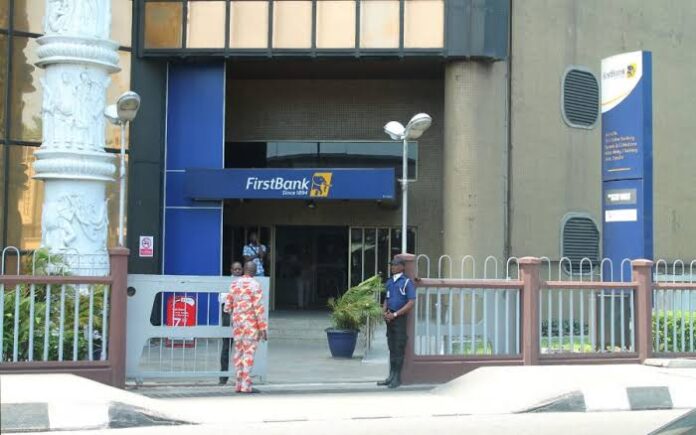An intense power struggle has erupted at First Bank Holdings, Nigeria’s oldest bank, centering around the identity of the largest shareholder of the institution. Conflicting reports from various sources have led to significant discord, with implications extending beyond the bank’s immediate operations.

Tensions escalated when Femi Otedola, the bank’s chairman, was initially listed as the largest shareholder with a 9.41 percent stake in the bank. However, data from the Central Securities Clearing System pointed to Barbican Capital, affiliated with the Oba Otudeko-owned Honeywell Group, as the dominant shareholder with a 15.01 percent stake. The apparent disparity in reported shareholding triggered a contentious legal battle, with Barbican Capital suing First Bank Holdings for the purported misrepresentation of its shareholding in the bank’s audited financial statement.
The discord between the two parties began to unfold in 2015, within the backdrop of a volatile oil industry and First Bank’s exposure to a deteriorating market. However, the decisive action taken by the bank and the Central Bank of Nigeria ensured a lifeline for the institution, albeit temporarily. By April 2021, First Bank found itself embroiled in a boardroom conflict when the managing director was suddenly relieved of his duties. This action set the stage for an unprecedented intervention by the apex bank to dissolve the boards of both First Bank and its parent company, FBN Holdings. The governance crisis reached a peak of complexity, with contradictory indicators and incomplete resolutions leading to further legal tussles.
The ensuing attempts at resolution, including a shareholder meeting facilitated by the CBN, proved to be a tumultuous journey, reflecting the depth of the power struggle. The process of shareholding verification and board representation emerged as significant points of contention, with meticulous documentation and commitments presenting further challenges, notably involving the Honeywell Group’s stake.
The core narrative of this saga, echoing through the banking sector, is shaped by the implications it carries for corporate governance in Nigeria. Observers await the outcome of this unprecedented dispute, reflecting on its potential to set a new precedence for the nation’s financial industries. While the conflict signifies a critical juncture for First Bank Holdings, the reverberations of the ultimate resolution will influence the broader landscape of Nigerian corporate governance.
This unyielding narrative of shareholder battles and governance tumult at First Bank presents a compelling national business story, underscoring the intricacies and challenges facing corporate Nigeria amidst broader economic realities.
The ownership battle at First Bank Holdings remains a critical factor driving an evolving national saga, one that reflects the ever-shifting tides in Nigeria’s economic and governance structures. As the story unfolds, its echoes will resonate far beyond the boundaries of a single financial institution, reverberating across the Nigerian business landscape.




